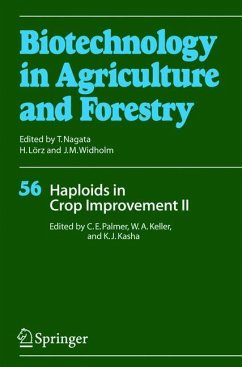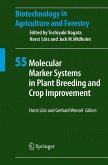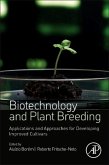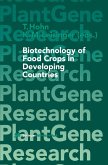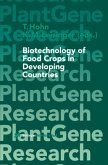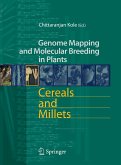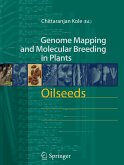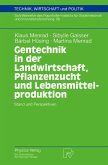Doubled haploid technology is an important tool for plant breeding. It allows for significant time reduction in the achievement of homozygous breeding lines of value in crop improvement.
This volume provides an excellent overview of haploid induction and the application of doubled haploids. The authors emphasize advances made in the understanding of microspore embryogenesis, but treat also advances in gynogenesis and the manipulation of parthenogenetic haploid development.
The text contains a thorough discussion of the application of haploidy to the improvement of a number of species from various families, including Brassicaceae, Poaceae, and Solanaceae. The various methods applicable to these species are described in detail. Each chapter contains critical evaluation of the scientific literature and an extensive list of references. This volume is ideally suited for plant breeders, geneticists, and plant cell biologists.
This volume provides an excellent overview of haploid induction and the application of doubled haploids. The authors emphasize advances made in the understanding of microspore embryogenesis, but treat also advances in gynogenesis and the manipulation of parthenogenetic haploid development.
The text contains a thorough discussion of the application of haploidy to the improvement of a number of species from various families, including Brassicaceae, Poaceae, and Solanaceae. The various methods applicable to these species are described in detail. Each chapter contains critical evaluation of the scientific literature and an extensive list of references. This volume is ideally suited for plant breeders, geneticists, and plant cell biologists.
"... contains up-to-date highly useful information on various aspects of haploidy and challenges and limitations of haploidy utilization in breeding programs. Researchers would certainly benefit immensely by referring this book while addressing the challenges and limitations of haploids utilization, as identified in this book, e.g. rapid selection and fixation of traits, development of chrosmosome additional lines, gene mapping and identification of quantitative trait loci (QTLs), and microspore culture and transformation. This book is highly recommended to the libraries, researchers and students engaged in haploid production and utilization." (Plant Cell, Tissue and Organ Culture)

